A pragmatic framework to unify national defense and security under Lebanese state control


A pragmatic framework to unify national defense and security under Lebanese state control

How homes for the displaced can lay the foundation for a more affordable, equitable, and resilient housing system
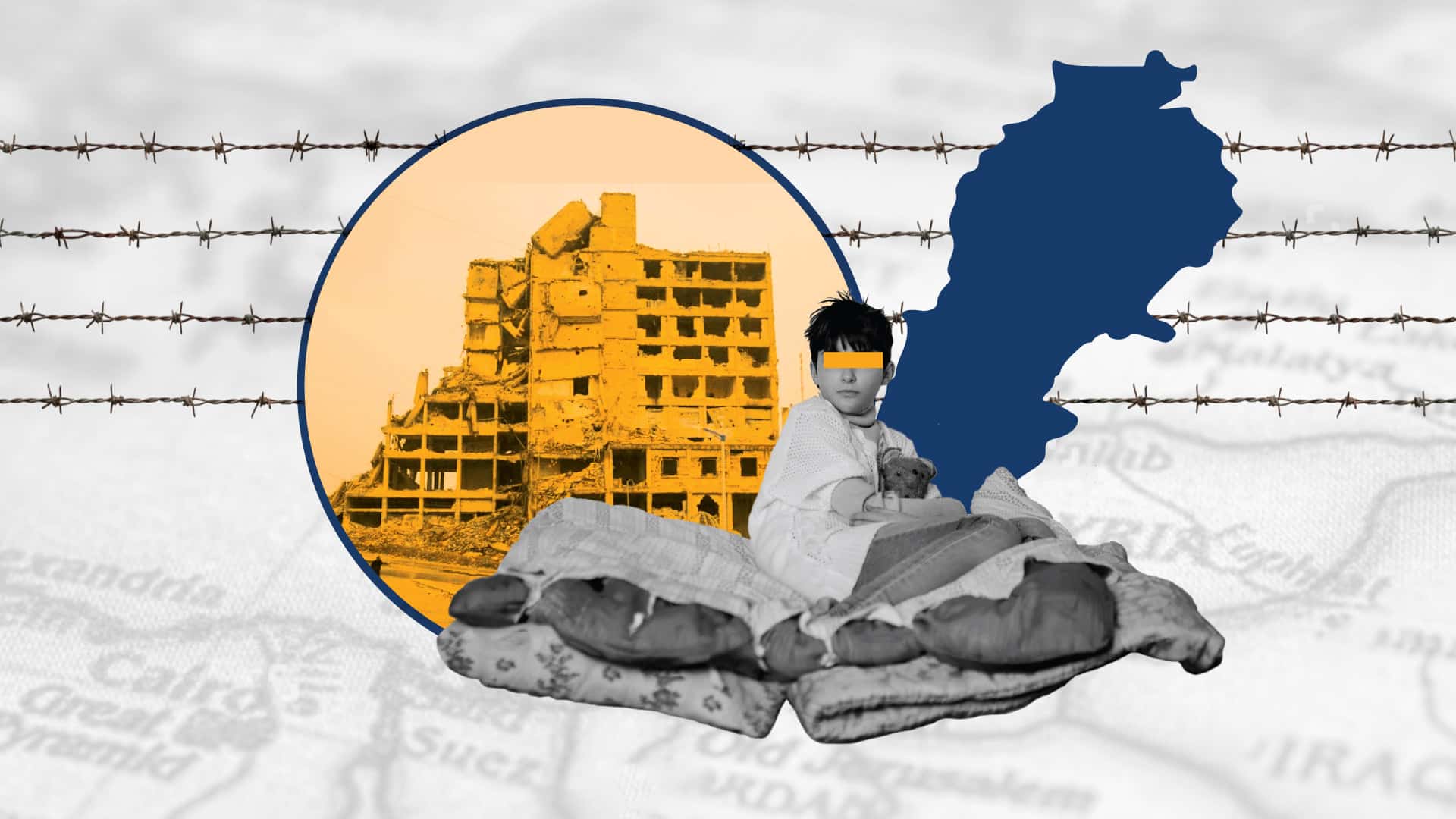
As the tide of war subsides, Lebanon needs a rights-based solution to govern the Syrian refugee crisis

Reform of state-owned enterprises is both possible and necessary, starting with electricity and telecoms.
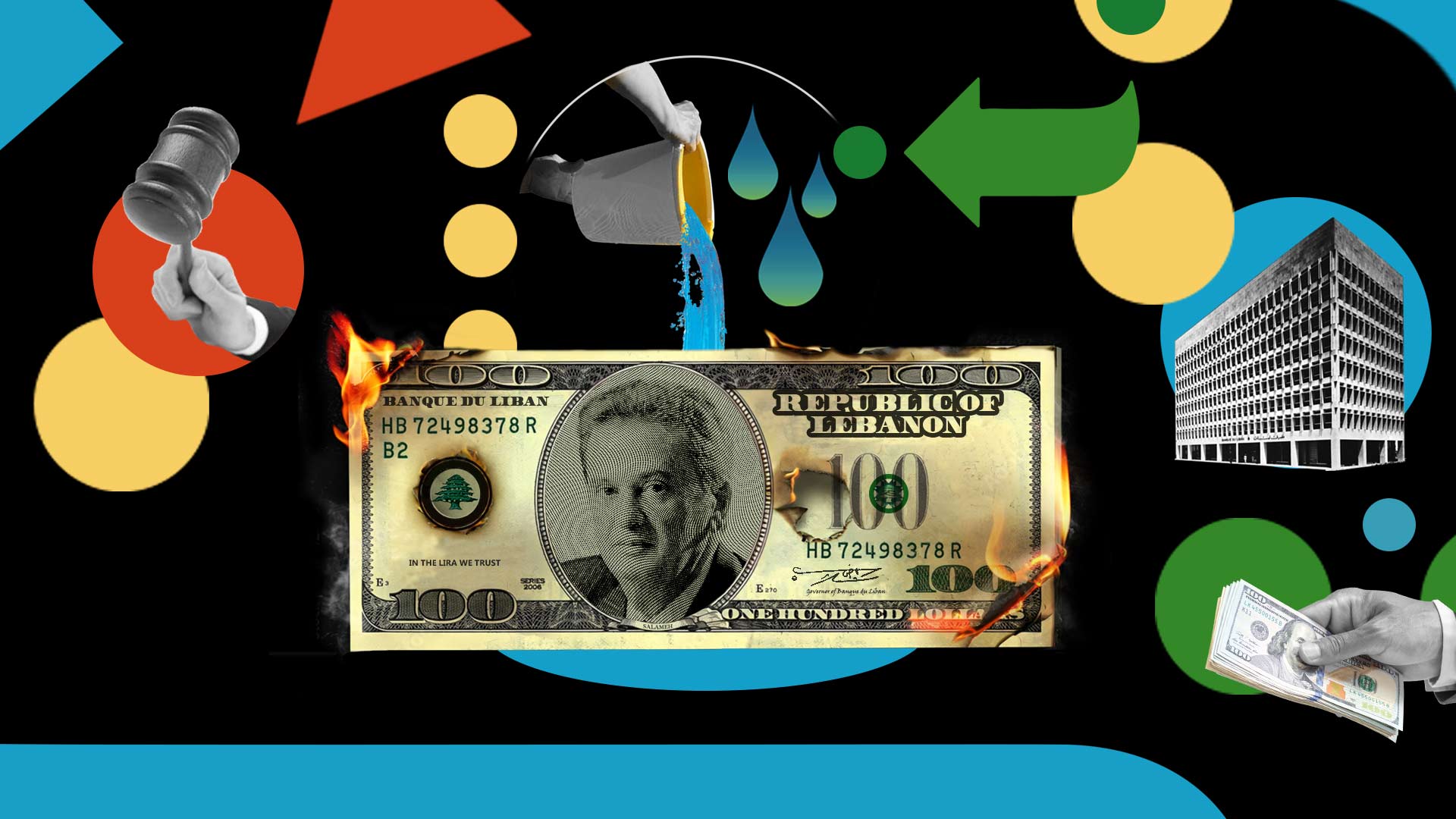
Reckless profiteering and the banking sector’s insolvency demand a bold deposit recovery plan to restore financial integrity in Lebanon.

To restore stability and credibility, the government must reform the central bank’s governance, tighten fiscal policy, and ultimately execute a carefully managed float of the lira.

Oversight absent as TotalEnergies and QatarEnergy take over the energy sector.

How decades of real estate ‘financialization’ have built a city few can afford to live in.

Rapid urbanisation, illegal logging, and wildfires whittling away at country’s wooded areas.
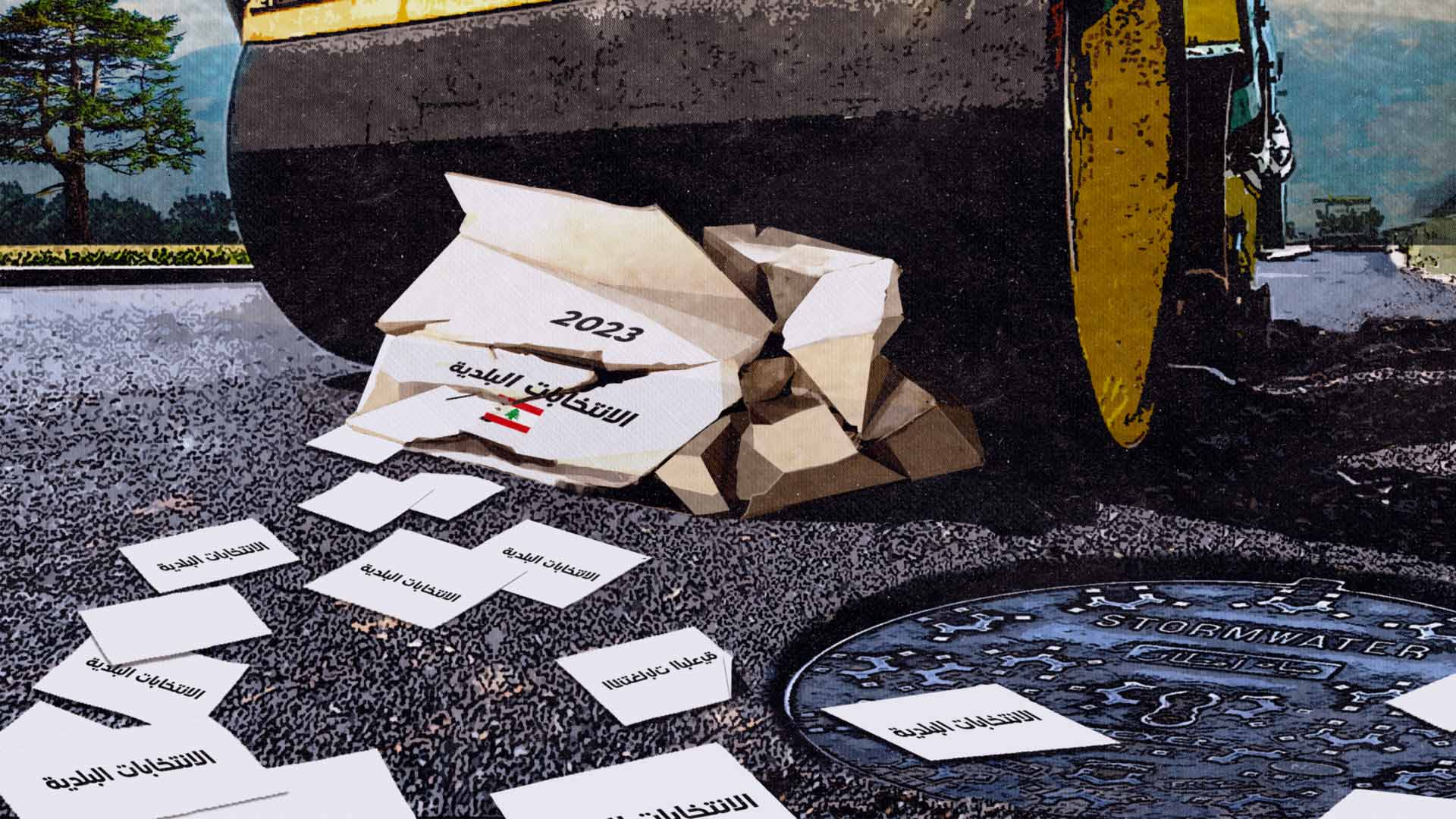
Municipalities’ can reshape development and service provision in lebanon, if freed to represent their communities.

How politicians corrupted the civil service, and why now is the time for change.

Displaced doctors could provide relief amid health worker shortages
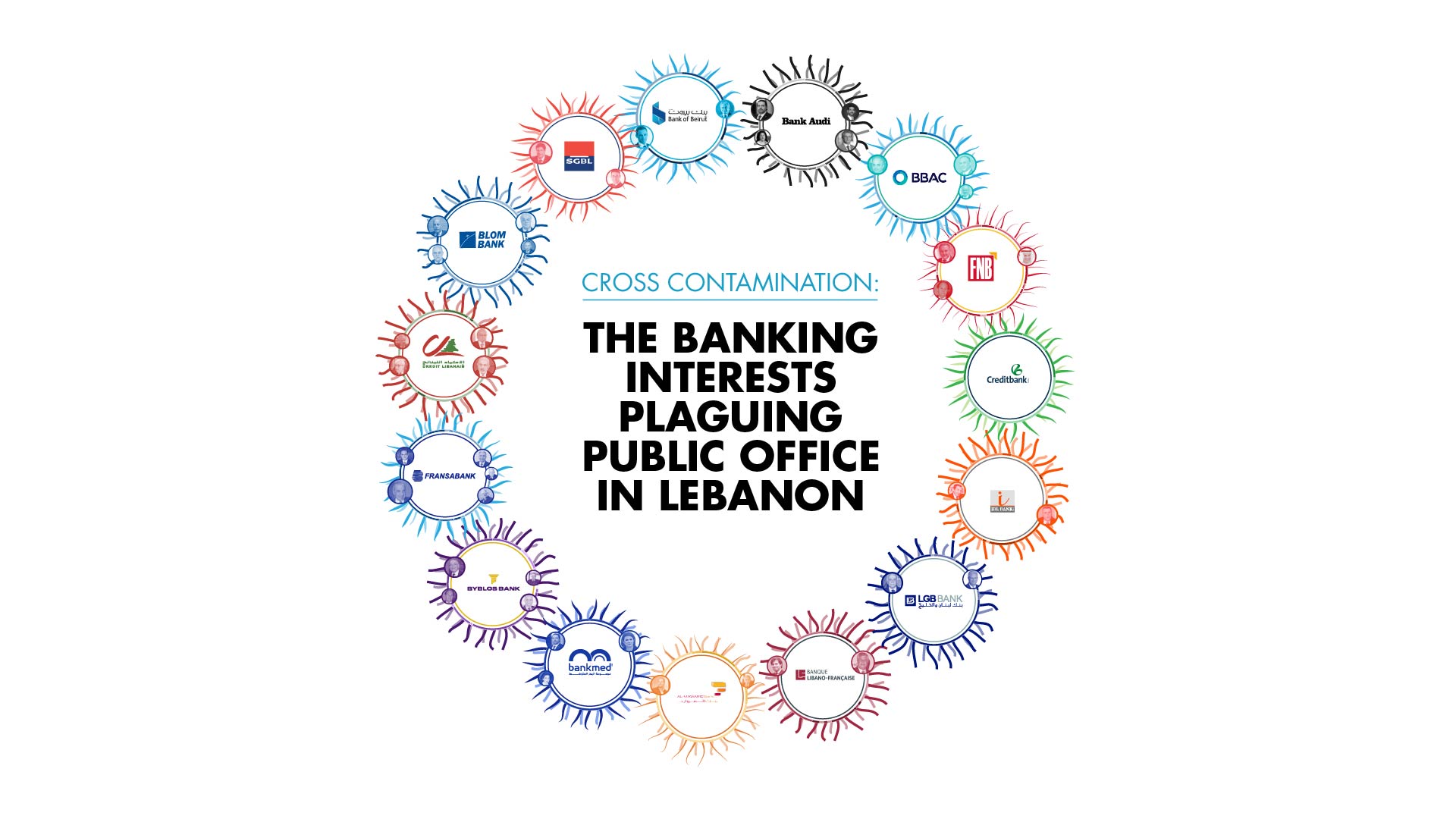
The Alternative’s investigation of Lebanon’s banking sector reveals conflicts of interest behind the country’s financial and political masters
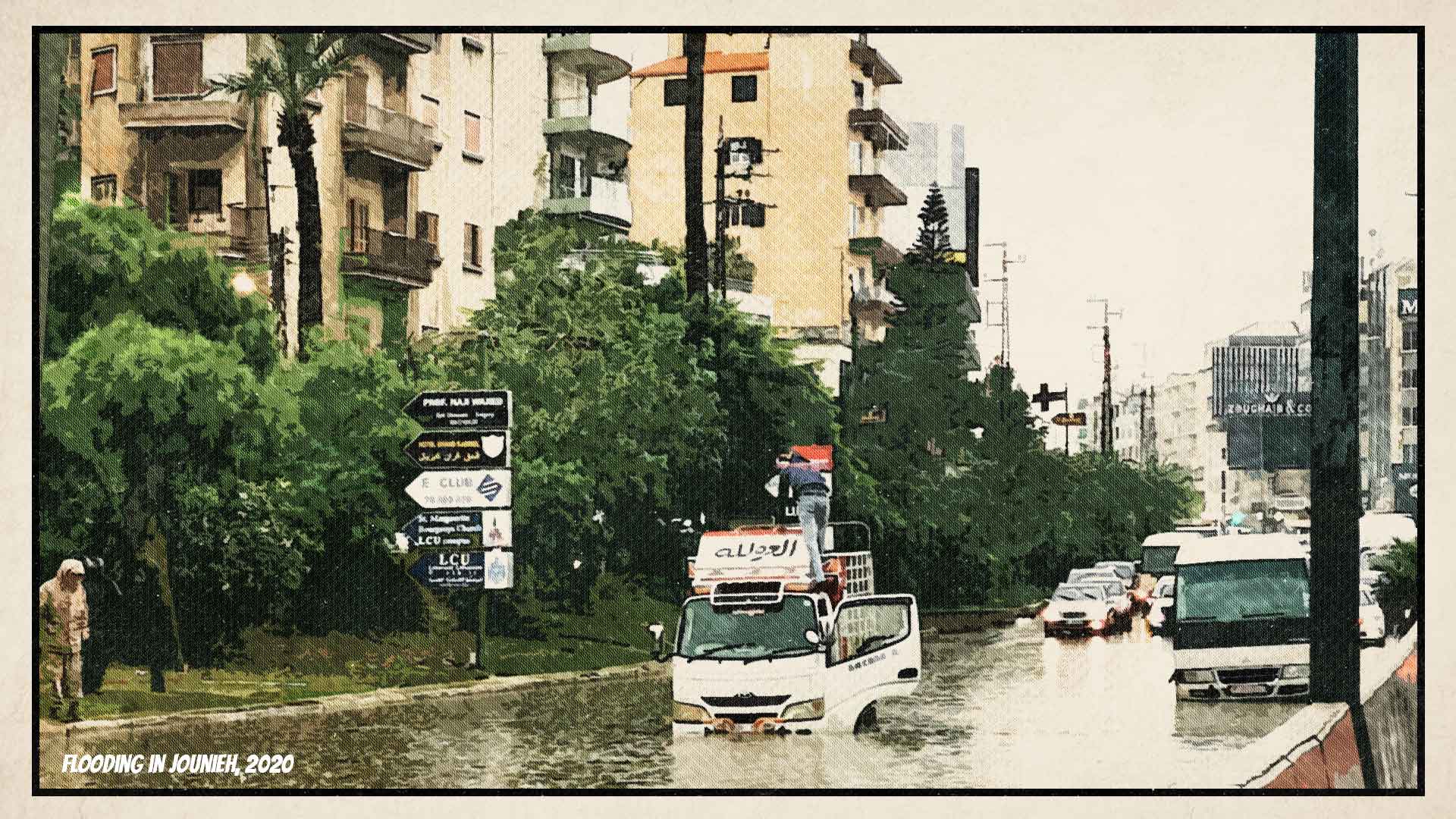
Decades of poor urban planning and waste mismanagement catalysts for flash flooding in Lebanon.
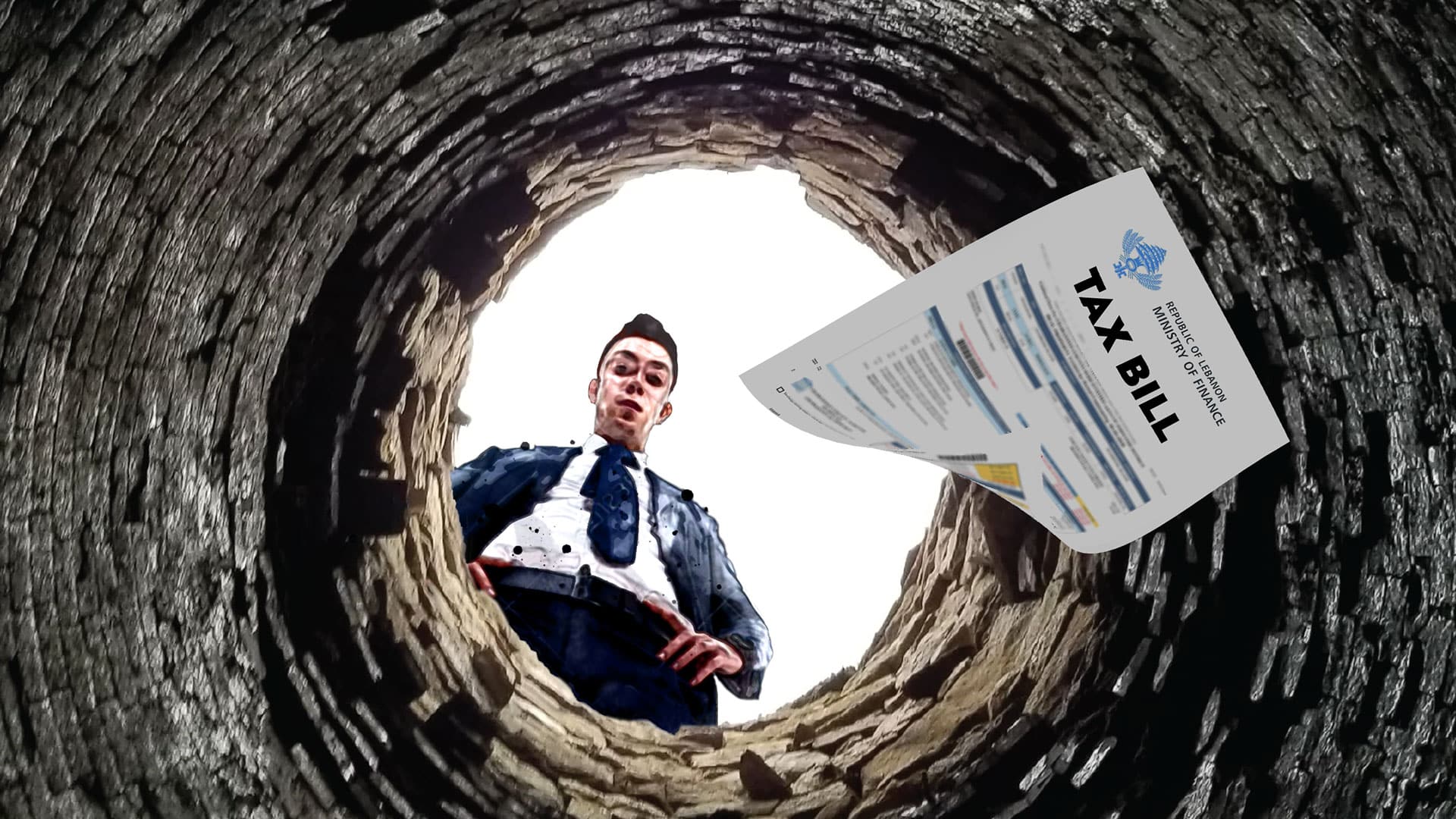
The government’s inequitable revenue structures can no longer afford to keep burdening the poor while giving a free pass to those with the means to pay their share of taxes.

As the Lebanese political establishment tries to shift blame for sea migrant deaths, EU pushbacks, blockades, and backroom deals place migrants in greater danger

A complete rethink of Lebanon’s education sector could turn crisis into opportunity

How economics, state and sectarian forces keep sexual freedom out of reach for most Lebanese.
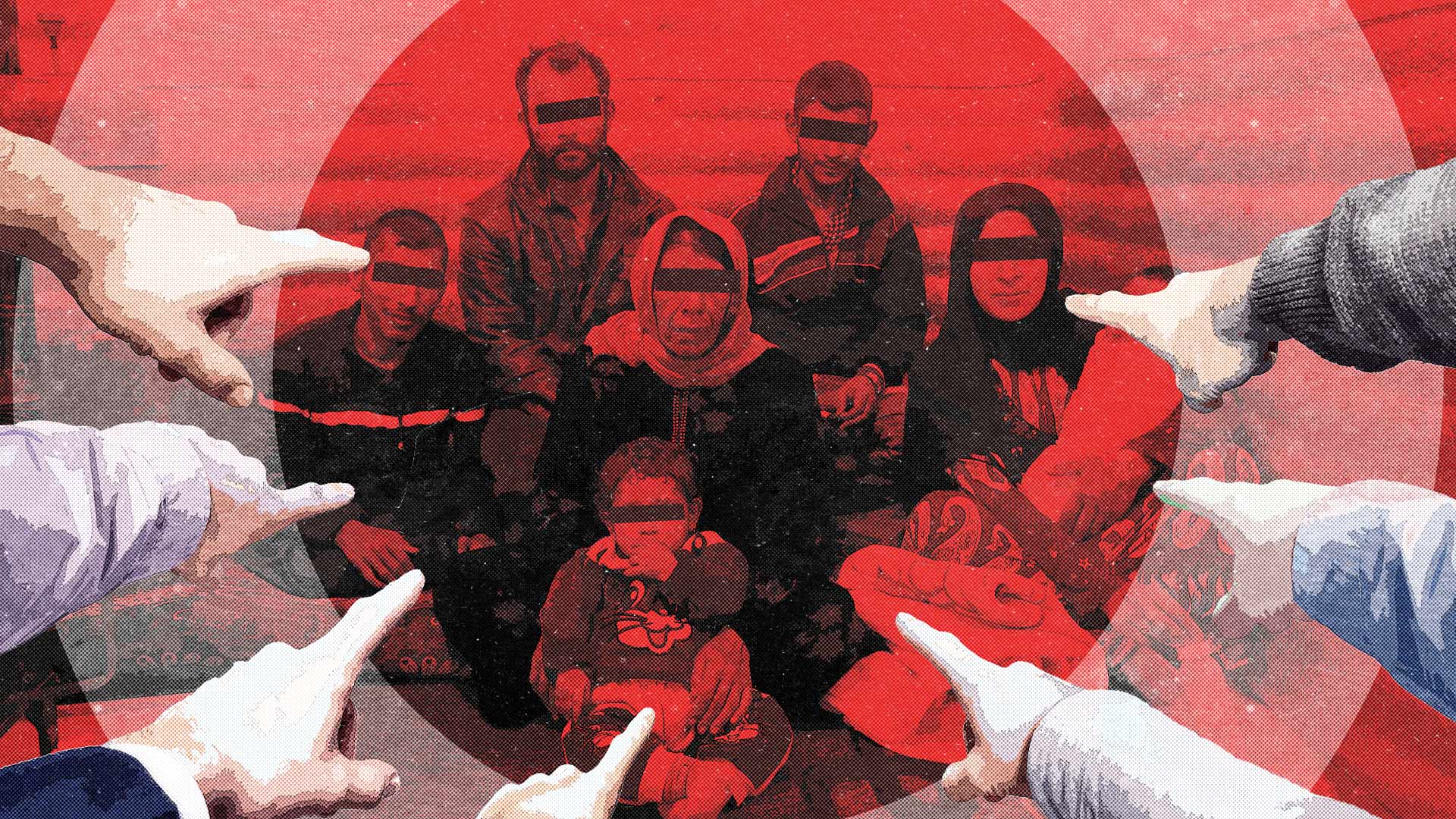
Tensions rise as Lebanon hypes non-existent “plan” to return 15,000 Syrians per month

News of expected windfall revenues from Lebanon’s potential offshore gas fields require contain many hidden caveats.

Broadening private insurance ahead of universal health care.

How banking regulations can fairly allocate losses and avert future crises.

Only a modern, neutral and sustainable LAF can survive the economic crisis.
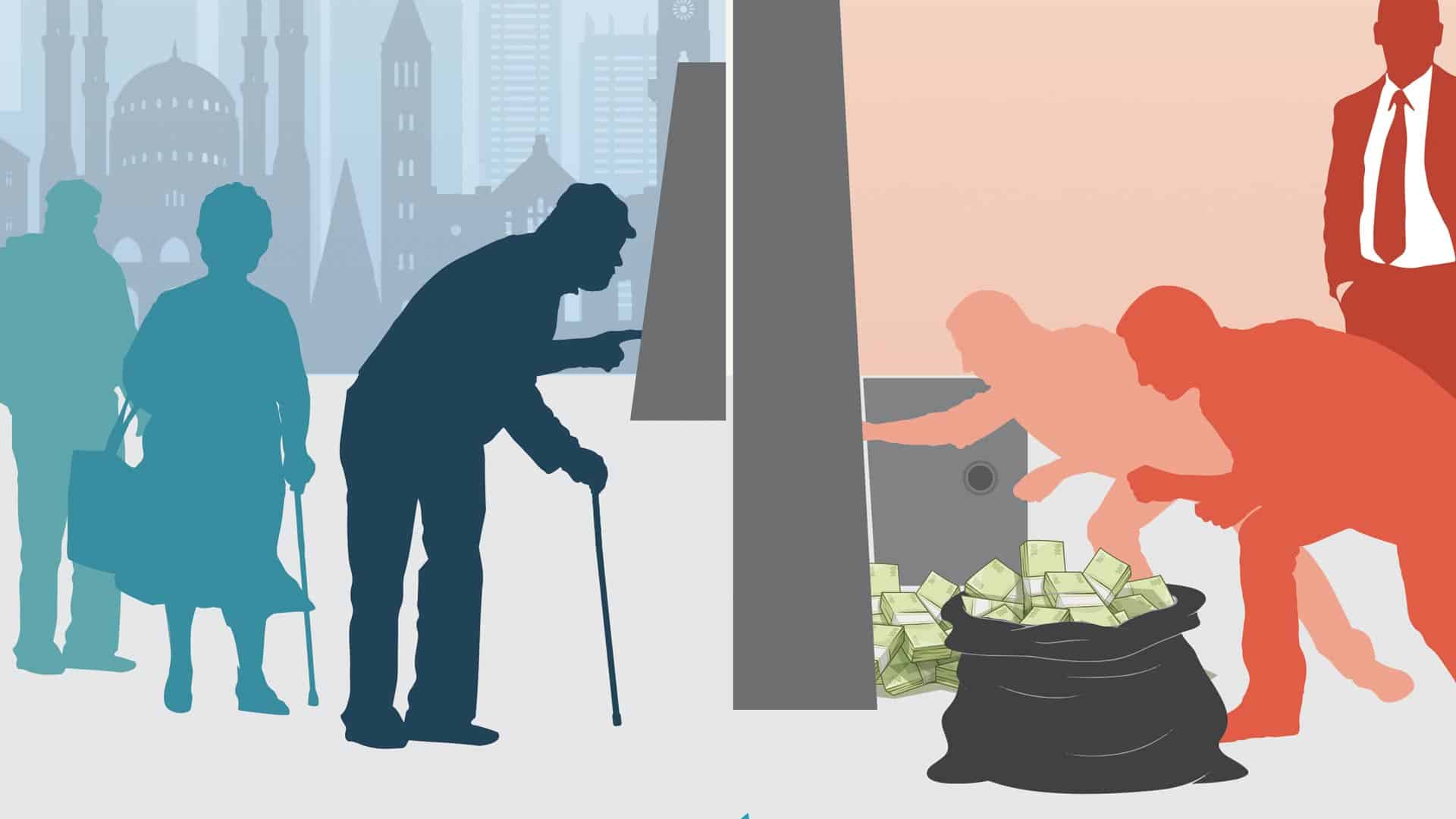
The urgent need to salvage and reform worker’s retirement schemes.

How farms and factories can make or break Lebanon’s future.

Salvation from accumulated crises can only be through sustainable consumption and production.

Pathways for Lebanese depositors to force bankers towards a fair deal.

Lebanese authorities’ persistent failure to meet the country’s energy needs has been a central symbol of state corruption and mismanagement.

As Lebanon approaches another round of parliamentary elections opposition parties face old threats and new opportunities.

Climate change could ruin Lebanon; adaptation must be central to any recovery plan.

Sanctions and principled aid can pull Lebanon back from the abyss – but only by targeting the banking sector and carefully monitoring the state’s role in aid distribution

How misplaced aid, elite capture, and a devalued currency are causing crisis in the water sector.

How Lebanon’s prisoners are abused and exploited as tools to perpetuate clientelism.

Lebanon’s short-sighted economy has chased profits for the few at the expense of the gener- al public, resulting in almost three quarters of wealth being owned by 10 percent of the population.

For decades, Lebanon’s economy has overwhelmingly served the interests of certain economic actors, who preside over widespread monopolies and oligopolies.

How credit unions can bring more accountability to Lebanese finance.

Defaulting on Lebanon’s foreign-held debt may have patched up the country’s financial wounds, but it has not stopped the internal bleeding.

The fight to prevent hunger amidst pandemic and recession.
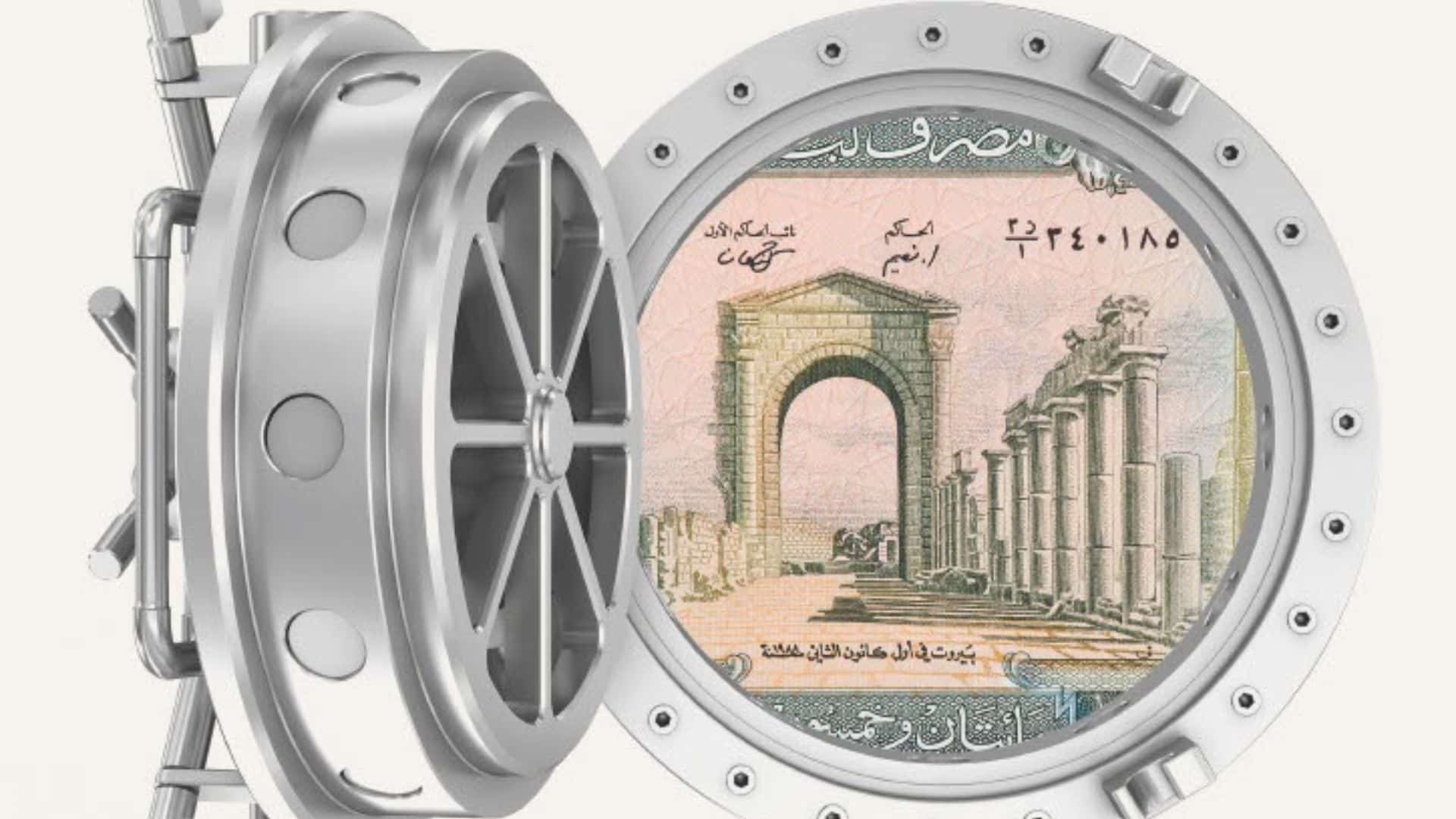
How Lebanon’s banking secrecy laws facilitate tax dodging and harm the national economy.

Lebanese banks and financial companies that provide electronic money transfer (EMT) services profit off consumers through transfer fees and hidden exchange rates that are nothing less than exploitative.

Instead of continuing to support unaffordable housing prices, Lebanon’s central bank needs to lead a drive for public debt relief and remodel its stimulus packages to serve the public interest.

Reforming Lebanon’s state-owned enterprises is key for national recovery.

The Progressive Deposit Recovery Plan offers an opportunity for accountability and the redemption of the Lebanese people’s lifesavings.

The Lebanese financial crisis, driven by fiscal mismanagement and central bank interventions, has resulted in market distortions and multiple exchange rates, worsening economic disparities.

Summary and analysis of circulars and decisions issued by the Ministry of Finance and Banque Du Liban from November to December 2022
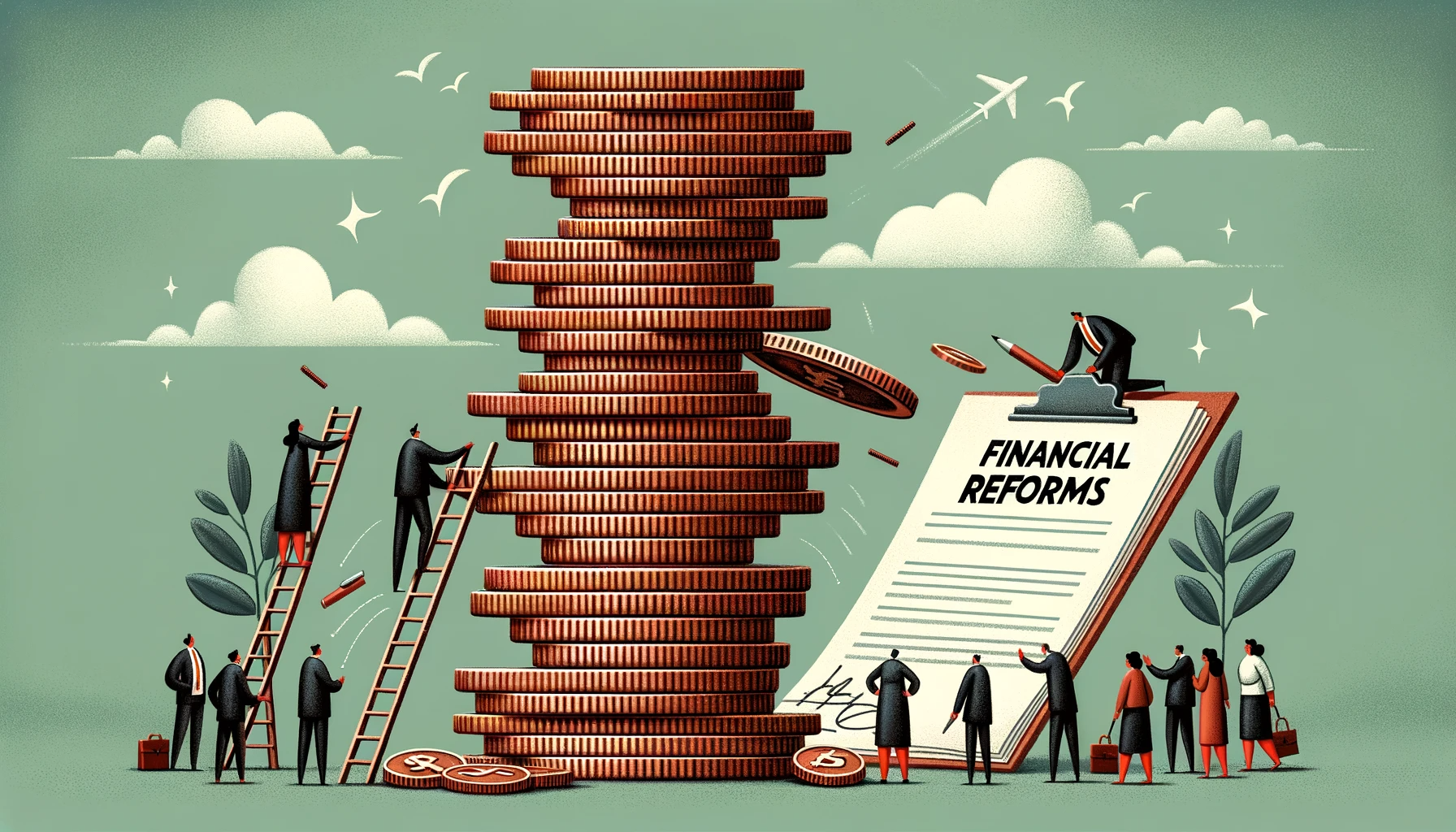
The Financial Recovery Plan appears to solve Lebanon’s financial crisis, but a closer look reveals it’s a tool to preserve elite interests at the expense of depositors’ savings.
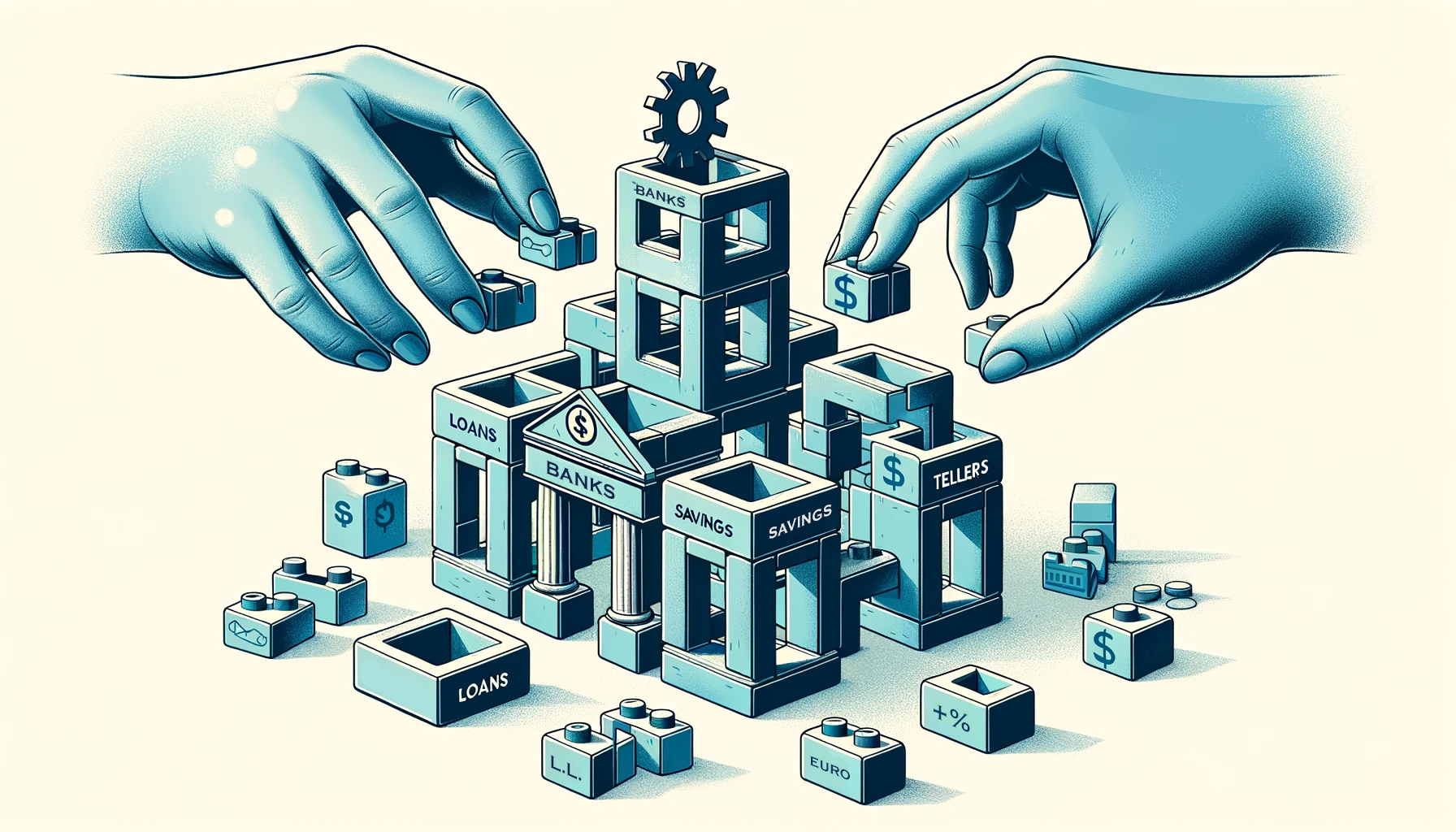
Lebanon’s draft laws aim to reshape its financial landscape, yet ambiguities may hinder complete restoration of confidence in the sector.
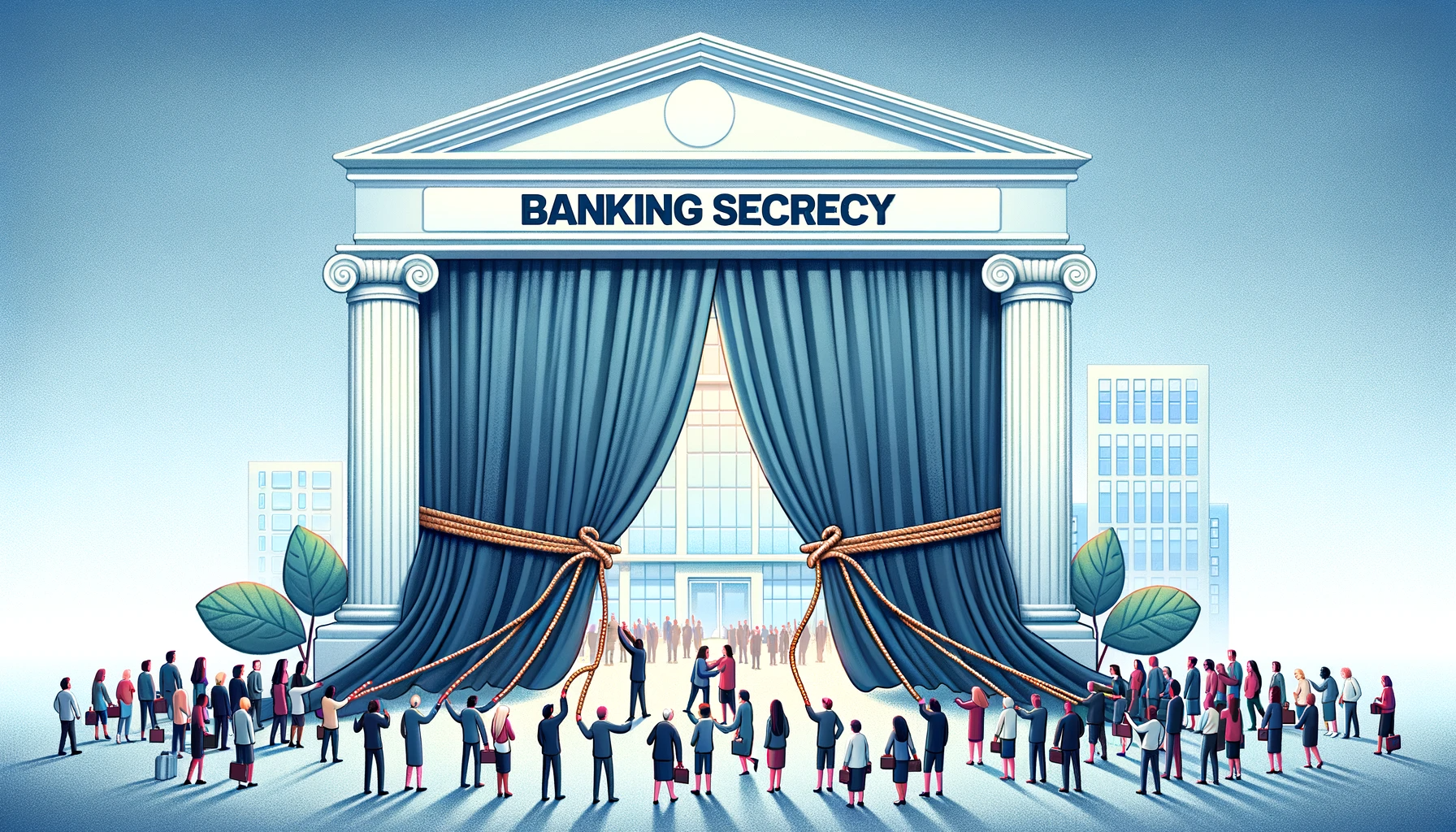
Lebanon’s updated banking secrecy law is progressing towards reform, yet riddled with ambiguities and potential for power abuse.

The MOEW’s latest renewable energy draft law faces criticism for consolidating power, with experts pushing for reforms to decentralize the sector and break the EDL monopoly.
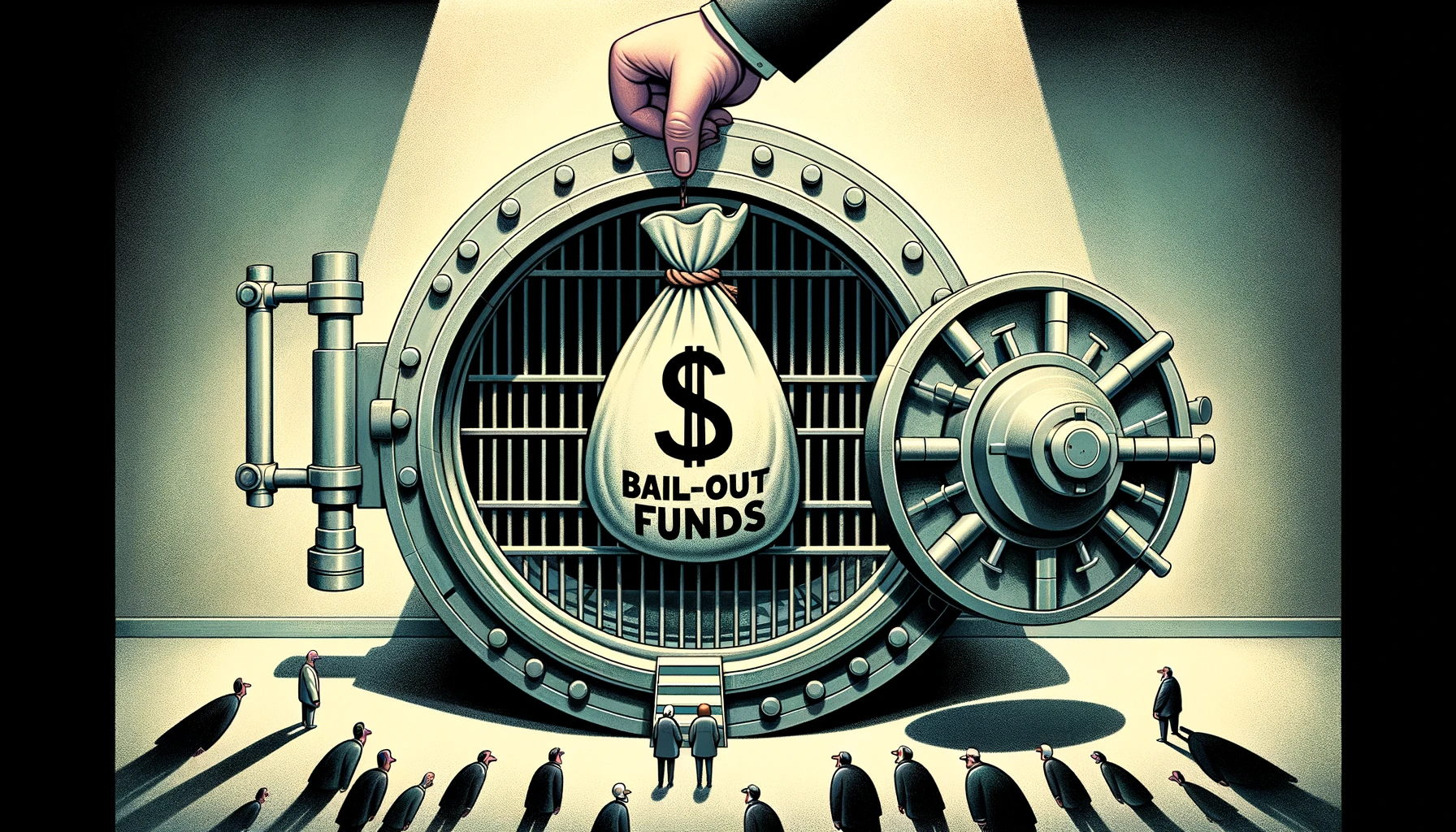
Lebanon must transition from a depositor-funded bail-out to a just bail-in, holding those responsible for the financial crisis accountable and ensuring fair loss distribution through international standards and local laws.
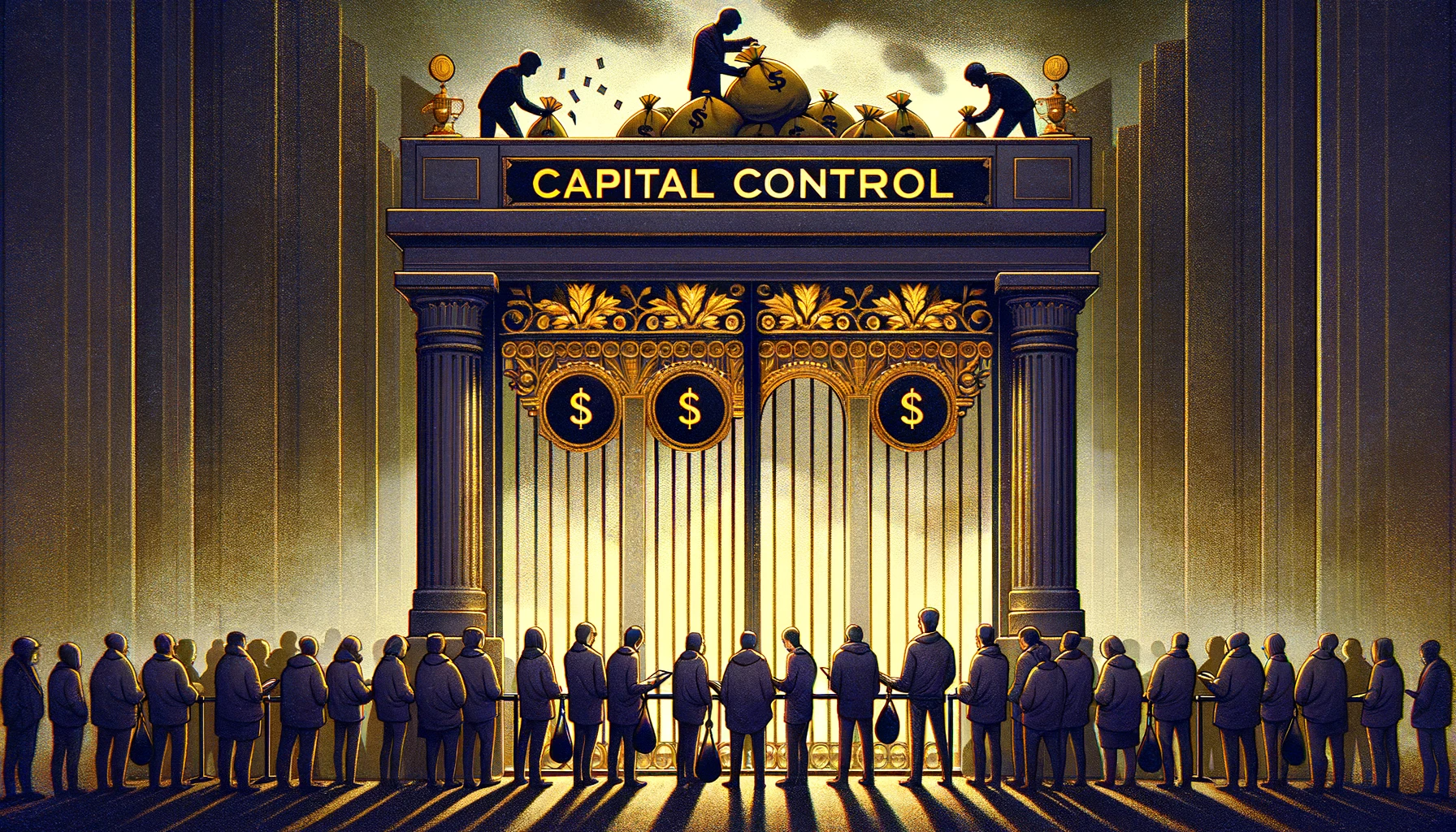
Lebanon’s capital control proposal risks entrenching financial corruption by granting banks undue amnesty and empowering a politically biased committee.

In light of Lebanon’s economic turmoil and pension crisis , how can we safeguard the retirement savings of Lebanese citizens?

Exploring financial crimes in Lebanon, depositors’ pursuit of justice, the BDS campaign against banking elites, and the challenges of money recovery.

In the midst of Lebanon’s public transport challenges, we try to envision a diverse and inclusive system that unites citizens and transcends political divisions.

Exploring Lebanon’s socioeconomic frailties and policy solutions: Confronting rentier capitalism and crafting a fairer future.

Understanding Lebanon’s compromised judiciary, the challenges to judicial independence, and the impact on human rights, using two case studies: freedom from torture and the right to own property.
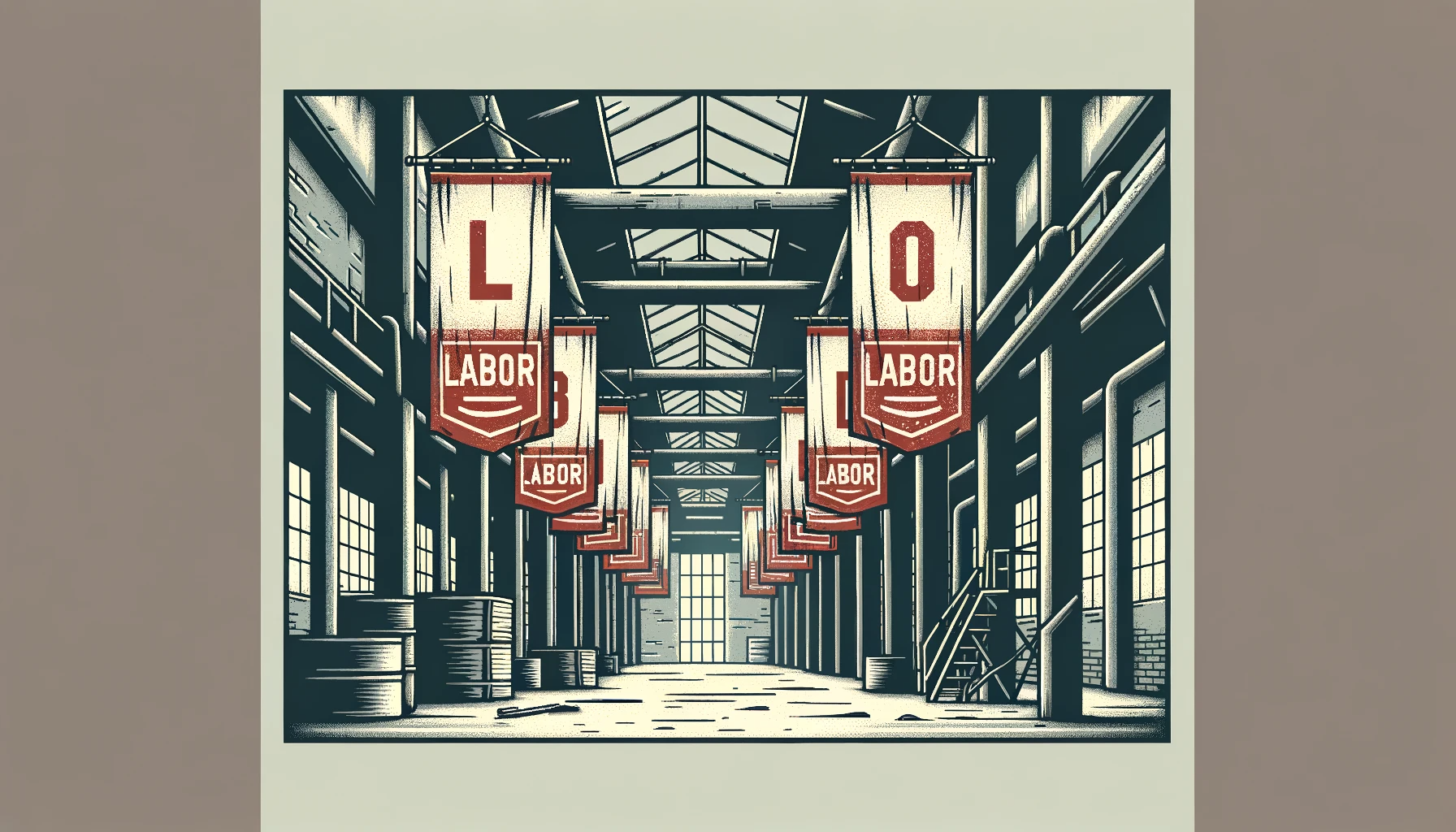
Navigating the legal restrictions and political co-optation of organized labor in Lebanon.

A roadmap for state-owned enterprises reform in Lebanon, emphasizing transparency, good governance, and rejecting the controversial ‘Sovereign Fund’ to steer towards economic stability.

The Progressive Deposit Recovery Plan offers a lifeline for Lebanese depositors, aiming to recover and restore funds once deemed lost in the country’s financial turmoil.
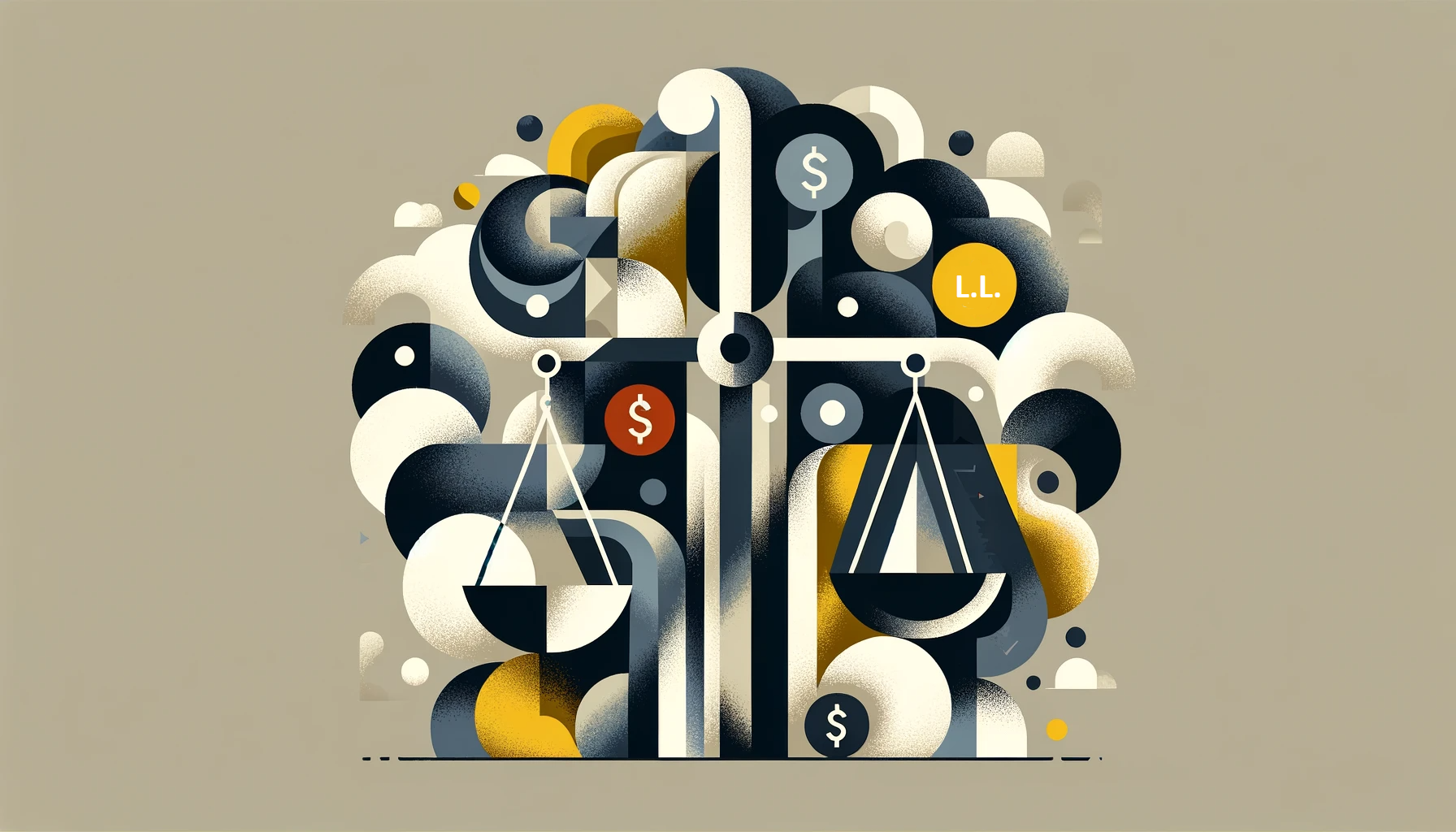
Assessing Lebanon’s exchange rate chaos: Sayrafa, monetary governance reforms, and the need for a managed float of the lira.
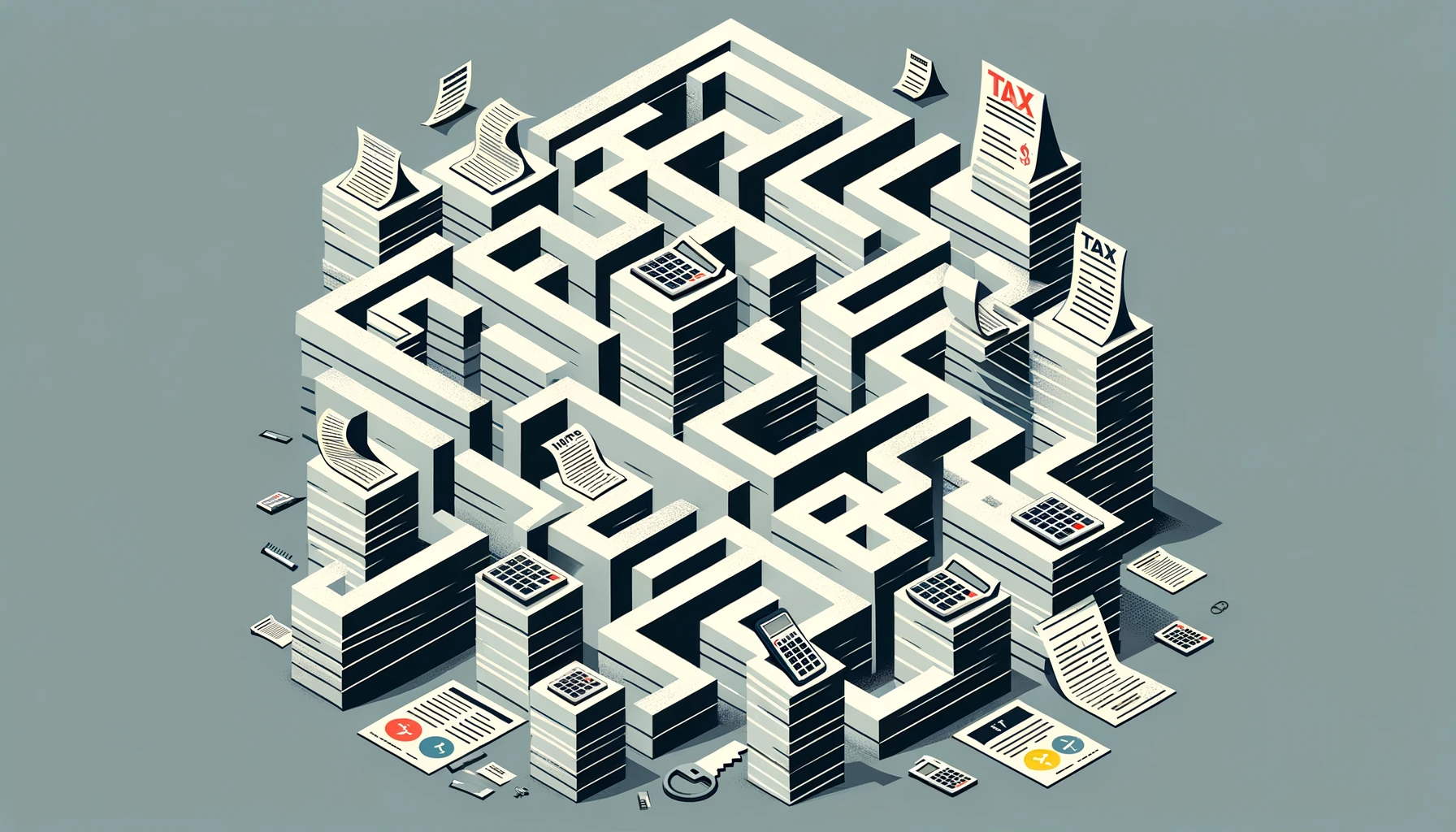
Lebanon’s 2022 budget’s has a preference for regressive taxation, potentially shielding the wealthy while financially straining ordinary citizens.

Addressing Lebanon’s banking turmoil through lirafication debates, accountability for large deposits, clawbacks, bankruptcy laws, and potential conflicts of interest in governance.

Analyzing Lebanon’s 2022 Financial Recovery Plan, from its ambitious promises to critical flaws in depositor compensation, fund structure, wealth legitimacy checks, and the glaring lack of accountability.

Assessing Lebanon’s revised banking secrecy law and its progress, while pointing to its loopholes, need for independence, and effective enforcement mechanisms.
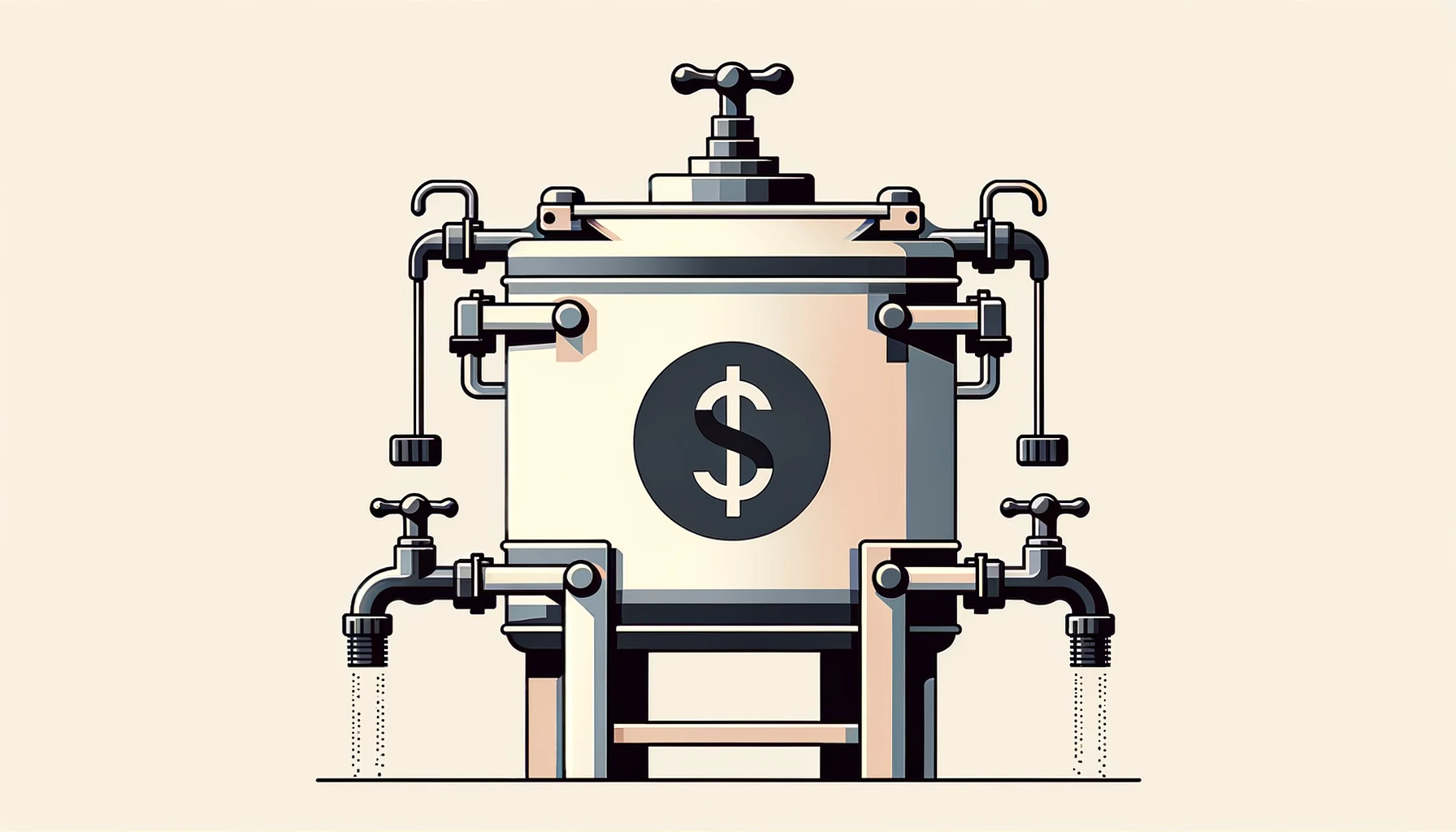
Exploring Lebanon’s loss distribution dilemma, focusing on banks using depositor funds to cover losses, evasion of accountability standards, and the urgent need for bank restructuring.

Analyzing Lebanon’s capital control laws, highlighting issues like illegitimate withholding of funds, conflicts of interest in regulatory bodies, depositor discrimination, and the need for stringent, fair amendments.